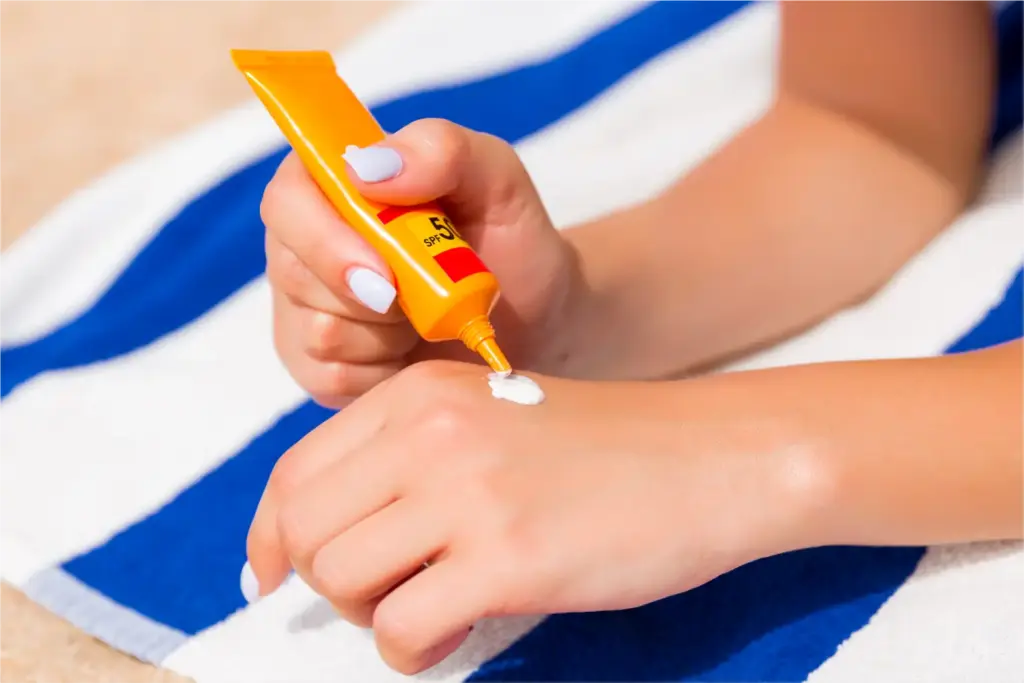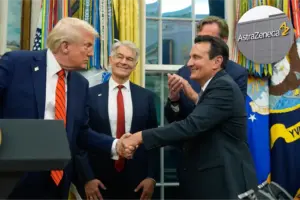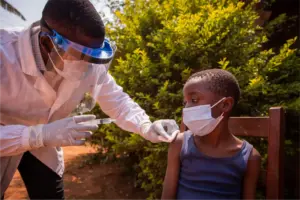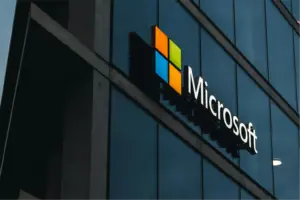
Australia sunscreen probe: Australia’s sunscreen scandal expanded this week, with regulators naming 21 products and confirming eight recalls or halted manufacturing after tests suggested some formulas deliver far less protection than advertised.
The Therapeutic Goods Administration (TGA) said an investigation has flagged “significant concerns” about a U.S. testing laboratory, Princeton Consumer Research Corp (PCR Corp), and a common base formulation used by multiple brands. Preliminary results indicate that products using the base are “unlikely to have an SPF greater than 21,” and in some cases may test as low as SPF 4. Sales of 10 products have been paused, and two more are under review; one named product is made in Australia but not sold there.
Also Read | Confused about sunscreen? Here’s how to choose the best one for your skin
The probe follows a June assessment by a consumer advocacy group that found several popular sunscreens failed to meet their stated protection. Ultra Violette’s Lean Screen Skinscreen, marketed as SPF 50+, later returned an SPF 4 result and was voluntarily recalled in August.
The TGA said the base formula’s manufacturer, Wild Child Laboratories Pty Ltd, has ceased producing it. Wild Child chief executive Tom Curnow said the regulator found no manufacturing issues at the company’s facility and described the discrepancies as part of a broader, industry-wide problem. He added that Wild Child has stopped working with PCR and resubmitted formulas to other accredited laboratories.
Regulators said many companies relied on PCR testing to substantiate SPF claims. The TGA has written to PCR about its concerns and said it has not received a response. In a statement to the BBC, PCR suggested differences between its results and subsequent testing could reflect batch-to-batch variability, raw materials, packaging, storage, product age and handling, adding that lab tests capture only the condition of the specific sample submitted at the time.
Australia, which has the world’s highest skin cancer rates, enforces some of the strictest sunscreen rules globally. The TGA has signaled it may review SPF testing requirements, which it says can be “highly subjective,” as it presses brands that used the implicated base and relied on PCR for data to address potential shortfalls in protection. The widening investigation has triggered consumer backlash at home and raised questions about the global integrity of sunscreen manufacturing and testing.








